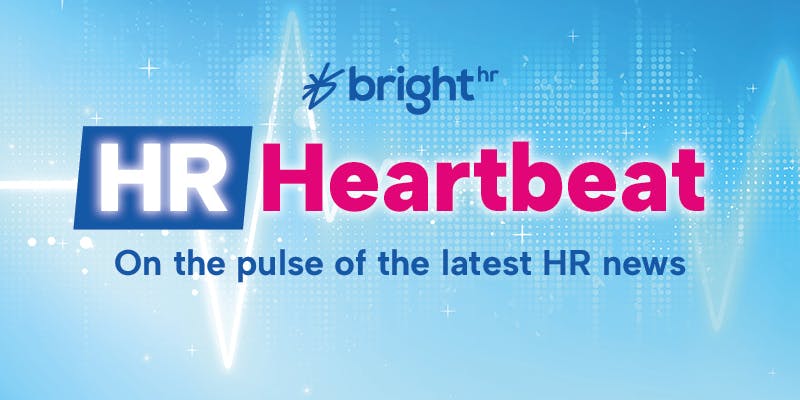First published on Friday, April 28, 2023
Last updated on Friday, April 28, 2023
Have you heard the latest news?
Welcome to HR Heartbeat, where we give you a rundown of the week's top employment law stories. Stay on the pulse of current trends impacting your business, plus get up-to-the-minute commentaries on all things HR and legal.
So, let’s check out this week’s headlines…
Raab Resigns
The former Deputy Prime Minister, Dominic Raab, resigned on Friday (21st of April) following allegations of bullying.
The report found he acted in an intimidating and insulting manner, provided unconstructive and offensive feedback, and misused his power.
Employers can learn a valuable lesson about appropriate workplace behaviour here. It’s important to create a comfortable working environment and consider offering effective communication and emotional intelligence training to stop issues like this in their tracks.
Sharing is caring as a new bill on tips passes through Parliament
The Employment (Allocation of Tips) Bill has successfully passed through the House of Lords. Once it gains Royal Assent, employers will be legally required to distribute tips and service charges fairly amongst staff.
If you work in the hospitality sector or in a sector that takes tips from the public, get instant HR advice on the latest changes from BrightHR Lightning.
The Scottish government refuses a UK bill on strikes
The Strikes (Minimum Services Level) Bill is a drafted piece of UK legislation that makes it harder for workers in the public sector to strike by introducing minimum staffing requirements.
Once approved by the UK Parliament, this Bill will allow employers to require a certain number of staff to work during a strike and take action against those who refuse to do comply.
Scotland, on the other hand confirmed it won’t be enforcing rules under this Bill. Humza Yousaf, who succeeded Nicola Sturgeon has pledged not to use ‘work notices’ to enforce minimum service levels during industrial action.
Mental health update
Acas has published new guidance for employers, focused specifically on reasonable adjustments for those struggling with their mental health.
Managers are encouraged to check in with staff, recognise changes in behaviour, be flexible in their approach and respond to changing needs.
It’s also advised that employers review existing policies with mental health in mind, to ensure they’re suitable for those who are struggling.
Check out our on-demand webinar on how to support your employee’s wellbeing and retain your staff.
Good Work Plan 2.0
The Resolution Foundation, an organisation focused on improving UK living standards in low-to-middle-income households, has recommended a new “good work agenda” focused on 3 main things:
- To continue the pace of National Living Wage increases.
- To adopt an earnings replacement approach to sick pay, so workers receive 65% of usual earnings.
- And to give workers a new right to two weeks of advance notice for shifts, with compensation for late changes.
Showing support for these workforce-centric suggestions could be a great way for employers to keep staff engaged.
And that’s a wrap. Tune in next week for more headlines and make sure you stay ahead of major employment law changes!






